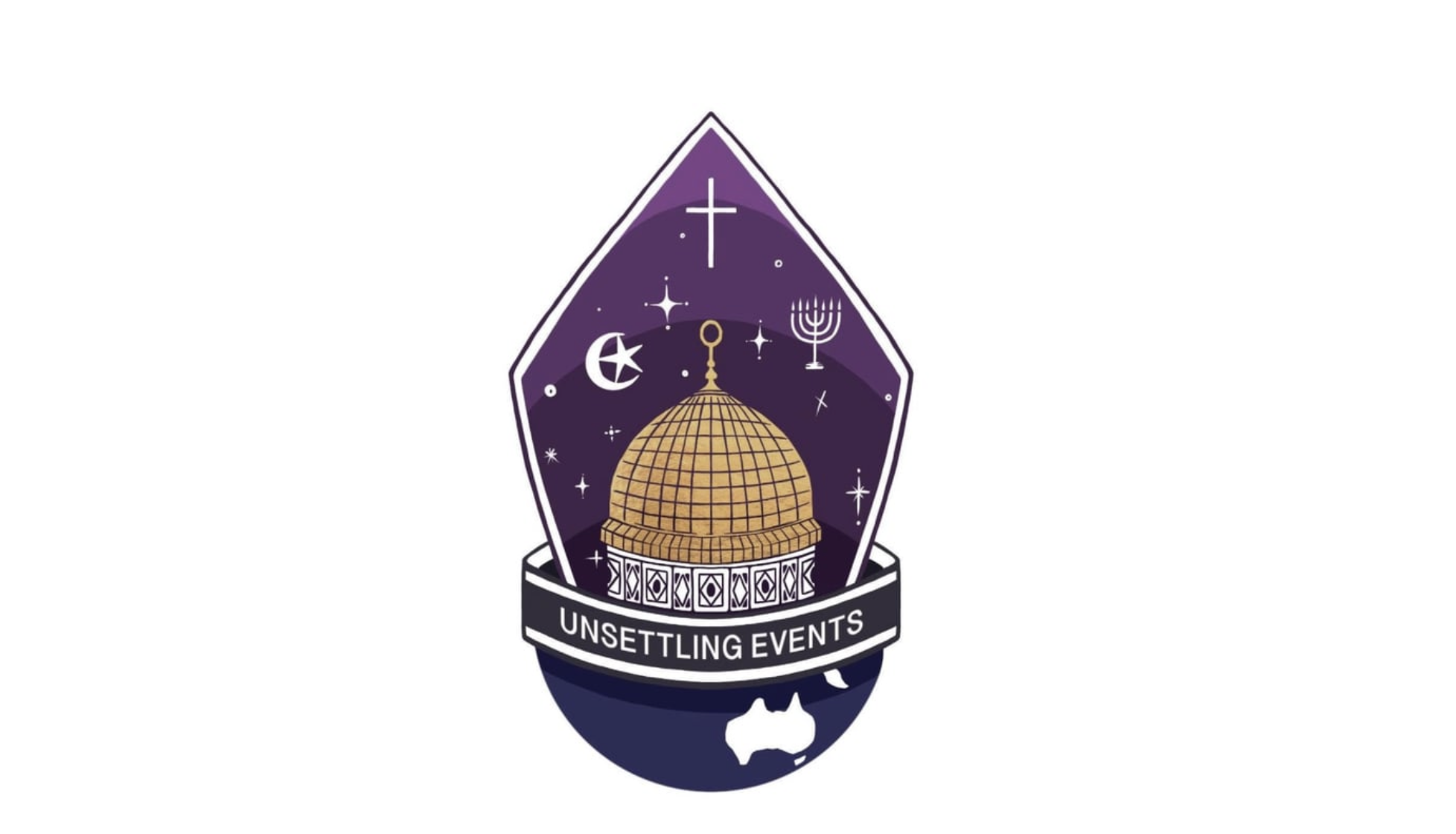Sermon: Preaching the Parable of the Corrupt Steward

Brothers and sisters in Christ,
Today’s Gospel is one of the strangest in Luke, the Parable of the Corrupt Steward. At first it almost seems like Jesus is commending corruption. A steward is caught wasting his master’s wealth, and in desperation he reduces debts so that others will owe him favours. Strangely, the master praises him for his shrewdness.
Let’s be honest: the Parable of the Corrupt Steward is uncomfortable. It doesn’t give us a tidy hero. It doesn’t wrap up with a clean moral bow. Instead, it asks us to see something valuable in a man who doesn’t exactly represent the spiritual resume we’d usually celebrate.
On the one hand, the Parable tells of a negligent employee who misuses his authority to carry favour at the expense of his employer. On this reading, the manager is a thief, a person of bad faith, of bad character. On this reading, the manager is dishonest, disloyal, and deceitful.
On the other hand, the Parable tells of a smart man, who is resourceful in using what little remains of his time in employment toward establishing himself, and the people that depend on him, for the future. On this reading, the manager is cunning, smart, strategic, and forward-thinking - hey, maybe he even works at Deloitte.
What do we make of this?
Jesus tells us in Luke 16:8 that “the children of this age are more shrewd in dealing with their own generation than are the children of light.” He does not bless corruption, but He does warn us that in a world full of oppression and violence we must be wise, creative and courageous in the struggle for life and justice.
For people like myself, native Christians, Palestinians, this parable is not abstract. It speaks into the ongoing brutal oppression of our people, our families, and our homeland. Our relatives have been displaced, hemmed by drones and checkpoints, imprisoned without charge and made strangers in their own cities and villages. All of this to the point where the basic necessities of life like food, water and electricity are rationed and controlled.
And yet, like the steward in the parable, our people have had to be shrewd in order to survive. Mothers negotiate impossible shortages to feed their children. Students find creative ways to pursue their education despite military blockades, checkpoints and bombardments. Families rebuild homes that are demolished again and again. Communities hold on to land and memory even when powers seek to erase them.
It is survival. It is resilience. It is the courage to live the cross under systems designed to crush you and that is a key lesson that we can take from this parable from our relatives living in the land where Christ walked the earth.
But this parable is also a warning to the unjust masters of power. The steward knew his time of reckoning was near. He acted quickly, because he could see the judgment coming. Those who profit from oppression should hear this warning. “You cannot serve God and wealth”. Empires may believe their power is secure, but their wealth is built upon injustice and God’s judgment will not be delayed forever.
For us, the followers of Christ, the parable calls us to holy shrewdness. We cannot be naïve. We cannot close our eyes to the systems of oppression that shape our lives and the lives of others. To be “children of the light” is not to retreat into passivity, but to act with courage and imagination:
To be “children of the light” is not to retreat into passivity, but to act with courage and imagination - especially when the odds are against us.
Jesus is not asking us to admire corruption, but to understand the gravity of the moment we are living in. To notice the urgency of the times. To recognize, like the steward did, that there is no neutral ground - only the choice between aligning with empire or preparing for a different kind of kingdom.
And so, we act - not out of fear, but out of vision.
We organize, we speak out, we protect, we repair - even when the powers call it disruption, even when the price is high.
We do this because our faith was never meant to be confined to the pages of a book or the walls of a sanctuary.
Our faith - especially as Palestinian Christians - is forged in the struggle to live with dignity in the face of occupation, dispossession, and denial.
Holy shrewdness does not mean compromising truth.
It means knowing when to hide and when to speak.
When to plant trees that we may never see bear fruit, and when to knock over tables.
It means knowing how to survive without losing your soul - and how to love your enemy without surrendering to him.
And isn’t that what Jesus did?
He knew when to slip away through the crowd and when to walk straight toward the cross.
He knew when to speak in parables, and when to cry out, “Woe to you, scribes and Pharisees.”
He knew how to live in a land under occupation without becoming a tool of the occupiers - and how to die with forgiveness on His lips.
This is not weakness.
This is strategic faithfulness.
This is resistance that refuses to become bitter.
This is hope that outlasts checkpoints, airstrikes, and concrete walls.
And make no mistake: Jesus tells this story not just to the poor, but in front of the powerful.
He tells it knowing that the scribes and the Pharisees - beneficiaries of empire - are listening.
He ends with a simple, unavoidable truth: “You cannot serve both God and wealth.”
And perhaps we might say today:
You cannot serve both God and empire.
You cannot serve both God and apartheid.
You cannot serve both God and the status quo.
For the unjust masters of the world - for the governments, corporations, and military alliances that build their empires on stolen land and stolen lives - this parable is a reckoning.
A time is coming when accounts will be settled.
And Jesus is clear: no amount of wealth, no fortress of weapons or surveillance, no carefully constructed narrative will protect them from Divine Justice.
But for us - the wounded, the watchers, the weary, the waiting - this parable is not a threat.
It’s an invitation.
It’s a reminder that even when we are hemmed in, God has given us the power to act.
So let us be faithful and fierce.
The steward acted because he knew the time was short.
So must we.

